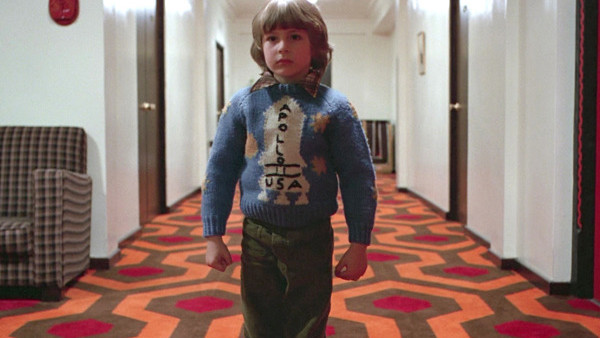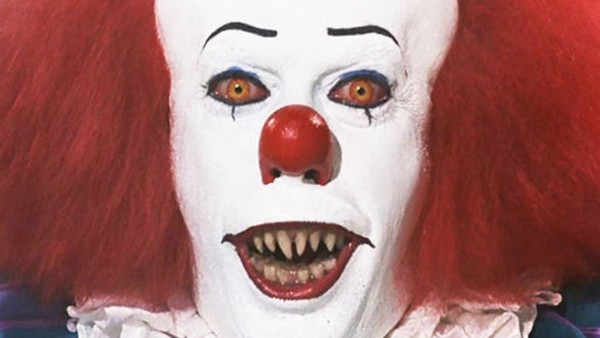Film Theory: How IT Explains The Secret Of The Shining
2. Why IT Doesn't Win

In both cases, It doesn't win (at least not in the way It wants to): the children survive. There's a theory that suggests the reason for that is the Losers Club and Danny sharing The Shining, and there are some compelling thoughts on that front (not least because they mostly share a history of abuse), but you'd think it would be more explicit in the text, given how willing King always was to explore the links in his characters and stories.
More compelling - and based on more evidence - is the fact that the malevolent forces in both cases are undone by simple acts of resistance. Danny's supernatural powers are incidental, it is his strength of will that defies the Overlook as it attempts to possess him and it's only then that the hotel turns to his father instead to kill him.
In It, the Losers Club do what It's other victims could not - they fight back, which defies It's reason for choosing to attack kids in the first place.
It's probably true to say that their past experiences of abuse gave them the foundation to show that resistance (just as it helped Danny), but assuming the Losers Club have The Shining too seems a little out of place. Fundamentally, It feeds not only on fear but on control and manipulation (which are the end results of the fear it inspires), and having the children act in rebellion is ultimately what undoes it.
That link between the ends of It and The Shining is far more important than anything supernatural and offers proof of their link.
1. The Wider It-Verse Theory

There is of course, the theory that It is the driving force behind every haunting in Stephen King's literary universe: that his subtle influence shapes every one of those famous ghost stories. So we may be looking at a shared universe in even more complex ways than just shared locations, characters and mythology. What if King created an It-verse?
We already know Pennywise appears in other King novels too. it's mentioned in Gray Matter, 11/22/63, and Insomnia and in Dreamcatcher, we see a memorial to victims lost in the 1985 Derry storm that takes place at the end ofIt, which has "PENNYWISE LIVES" scrawled across it. And slightly more tenuously, in The Tommyknockers, a character driving through Derry thinks he sees a clown staring out of a sewer drain. And while that sighting contradicts It having to go away for 27 years (since it's set two years after It), who's to say that the exile isn't just a clever ruse by It that allows it to go elsewhere to feed?
What do you think? Share your reactions below in the comments thread.
Read Next: